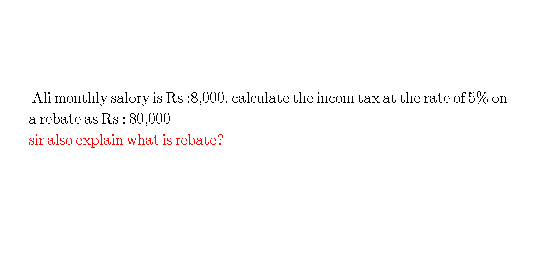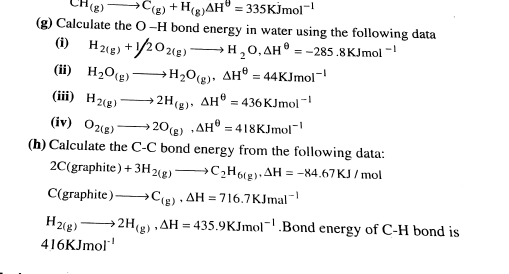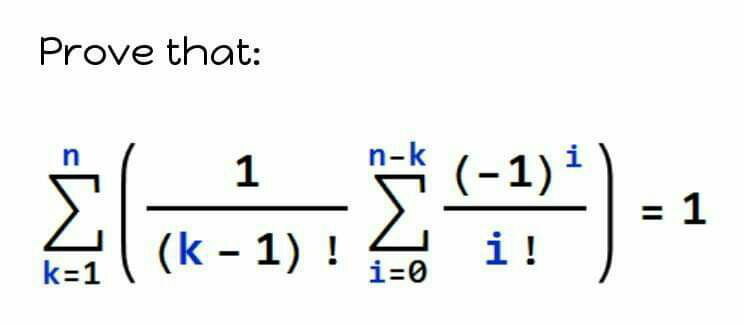
AllQuestion and Answers: Page 1385
Question Number 73918 Answers: 2 Comments: 2
Question Number 73884 Answers: 0 Comments: 0

Question Number 73872 Answers: 1 Comments: 0

Question Number 73847 Answers: 0 Comments: 4

Question Number 73919 Answers: 1 Comments: 3

Question Number 73840 Answers: 0 Comments: 0

Question Number 73838 Answers: 3 Comments: 9

Question Number 73832 Answers: 2 Comments: 7

Question Number 73828 Answers: 1 Comments: 3

Question Number 73818 Answers: 1 Comments: 1

Question Number 73817 Answers: 1 Comments: 0
Question Number 73816 Answers: 0 Comments: 8

Question Number 74339 Answers: 0 Comments: 2
Question Number 74338 Answers: 0 Comments: 0
$$\int{e}^{\mathrm{2}{t}} \mathrm{sin}\:{e}^{{t}} {dt} \\ $$
Question Number 74337 Answers: 1 Comments: 0
Question Number 73805 Answers: 0 Comments: 3
Question Number 73804 Answers: 0 Comments: 0

Question Number 73800 Answers: 0 Comments: 8
Question Number 73789 Answers: 3 Comments: 4

Question Number 73787 Answers: 0 Comments: 2
$${sin}\:\mathrm{50}\:+\:{sin}\:\mathrm{40}=\:?\:{without}\:{tables}\:{or}\:{calculators} \\ $$
Question Number 73782 Answers: 1 Comments: 2

Question Number 73775 Answers: 0 Comments: 0

Question Number 73774 Answers: 0 Comments: 0
Question Number 73766 Answers: 3 Comments: 0
Question Number 73757 Answers: 1 Comments: 1
$$\mathrm{cos}\:\mathrm{70}°+\mathrm{sin}\:\mathrm{200}°=? \\ $$
Question Number 73755 Answers: 1 Comments: 0
Pg 1380 Pg 1381 Pg 1382 Pg 1383 Pg 1384 Pg 1385 Pg 1386 Pg 1387 Pg 1388 Pg 1389
